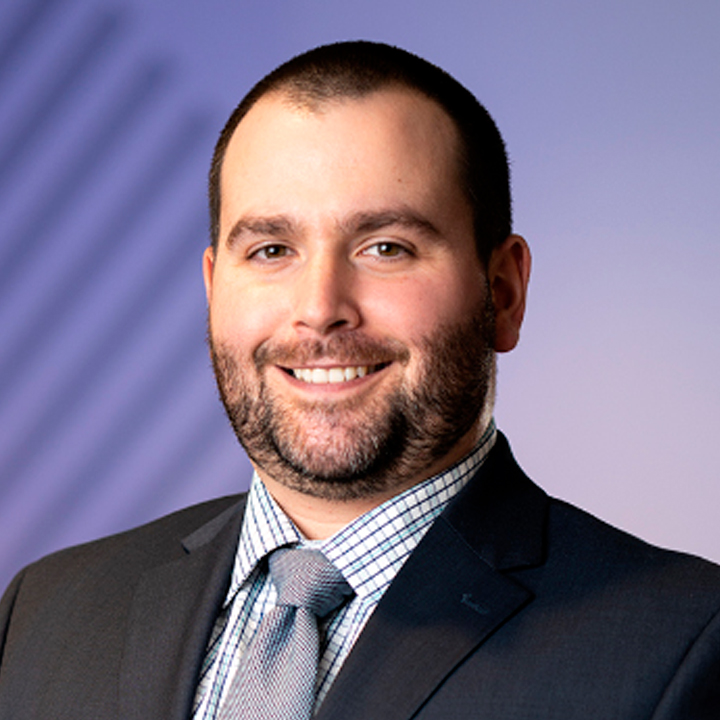The Impact of Economic Growth in Q1
During the first quarter of 2024, the economic outlook was generally stronger than anticipated. Solid payroll growth numbers combined with stronger housing and continued expansion in the services sector has thrown into question the timing of Federal Reserve rate cuts, as inflation has also proven stickier than expected. However, the Fed’s updated economic projections released in March suggest that they still anticipate a weakening in economic growth and so will likely implement three rate cuts in 2024.
By Robert Papelian, CFA, CMT, CFP® – Chief Investment Officer & Daniel Yu, CFA, CFP®, AIF® – Economic Strategist
Given the overall strength of the economy in the US, we believe the Fed will continue to focus on making sure inflation is moving downward toward their target of 2% and can be patient about cutting rates. Therefore, we do not believe that three rate cuts in 2024 is a foregone conclusion, especially if we do not see some downward movement in the services component of inflation.
With present expectations of ongoing economic growth—and with this being an election year—we expect there will be an increased focus on the national debt and government budget deficits. At present, the Federal debt stands at about 99% of GDP and is projected to be 116% to 124% of GDP in ten years. While many European countries have managed for many years with debt-to-GDP ratios above 100%, that level of debt has historically proven to be a headwind to economic growth. So, while we expect the rhetoric about the debt to increase, “kicking the can down the road” is also a perennial favorite activity in Washington, DC.
Capital Markets
In looking at capital markets since the start of the year, perhaps more telling than the Q1 return in equities has been the absence of highly volatile days. In fact, February 2024 had the S&P 500’s first -2% (or more) trading day since February 2023. Lower volatility typically results in nice, steady equity returns, and for all the focus on the Magnificent 7 and other headline-grabbing metrics used in the media, we saw breadth increase—in other words, greater upwards participation on the part of other large companies. To be sure, the top 10 stocks in the index still carry a lot of power in moving the S&P 500 up or down, but we view the large cap segment of the market as healthier when we see increased participation by a greater number of companies.
While the US aggregate bond market was down nearly 3% at one point during the first quarter, it finished the quarter down only about 1%. Remember, it is not uncommon to see bond total returns reflecting a negative total return at any point during a calendar year. Last year, for example, the total bond market was down roughly 7% at one point but finished the year with a positive total return of 6%. Data from JPMorgan suggests that over the past 48 years, bonds returns were positive in 43 of those years despite an average intra-year drop of 3.5%. Importantly, bonds have once again been offering a source of diversification and income.
There is a lot of cash in the capital markets that moved into money market funds last year. BlackRock data shows nearly $970 billion moved into money market funds during calendar year 2023. While we agree that money market fund yields are largely better than the rate on interest most of us receive on our checking or savings accounts, we also want to note that following one’s asset allocation, which is guided by personal risk tolerances and investment preferences, should continue to drive long-term investing decisions. Consider that roughly 84% of bond funds outperformed taxable money markets in 2023; there is always a trade-off in capital markets, and while everyone should have some level of “rainy day” funds or emergency savings set aside, years like 2023 are why we choose to trust the process and remain disciplined in our approach to investing.
An Industry Based on Trust
In the last days of the quarter, we learned that Sam Bankman-Fried received a 25-year sentence for his conviction on seven counts of fraud, conspiracy, and money laundering. Our industry is based on trust. Integrity and trust are not mere slogans we throw around at REDW Wealth, but are at the core of what we do. We know how easily our industry attracts selfish, bad actors, and that their actions can cast a negative light on us all.
We believe in transparency and value your trust. As always, we invite you to contact your relationship manager to discuss anything that might be top of mind for you.
© 2024 REDW Wealth LLC. This publication is intended for general informational purposes only and should not be construed as investment, financial, tax, or legal advice. Information and instruction shared in the article above do not guarantee outcomes, performance, or quality of services provided to REDW Wealth Management clients by REDW Wealth Management or its employees. Adherence to our fiduciary duty is not a guarantee of client satisfaction or any particular outcome. Advisory, Assurance, and Tax is offered through REDW LLC. Wealth Management is offered through REDW Wealth LLC.









